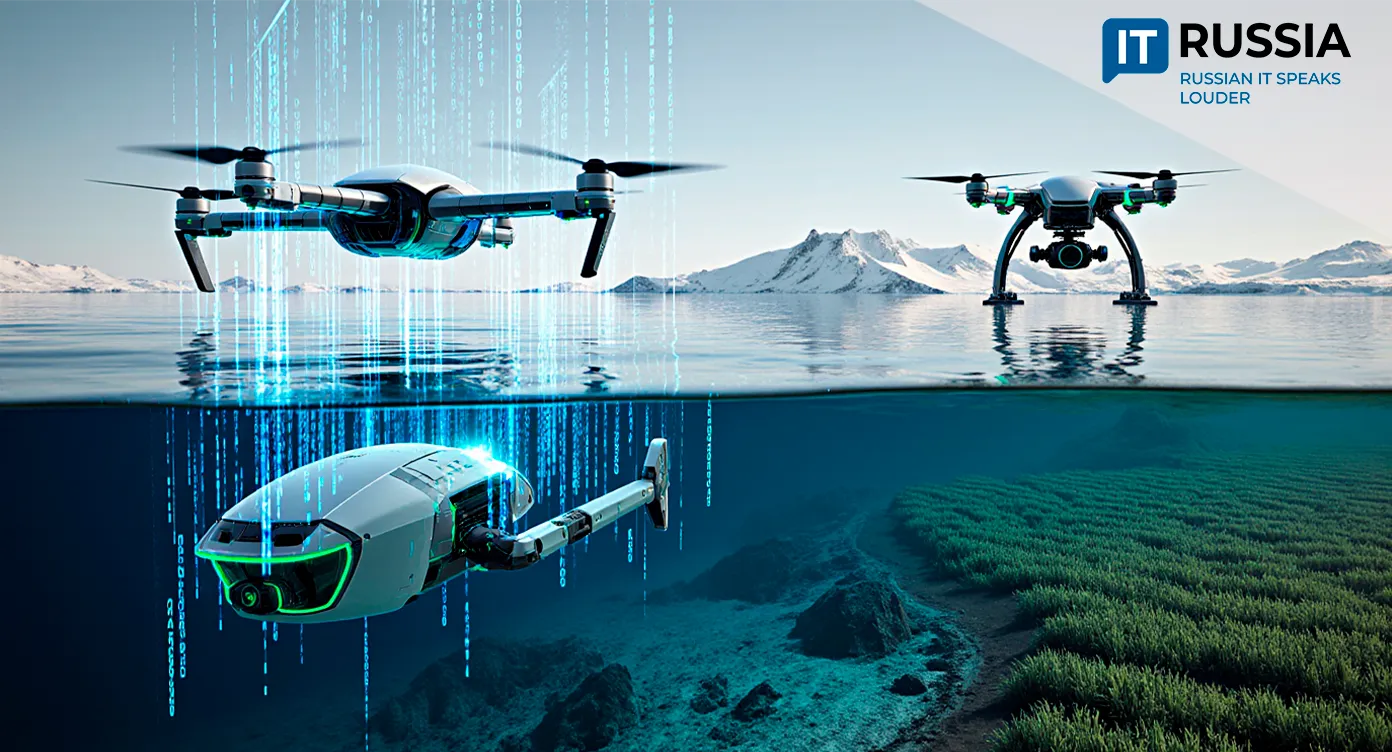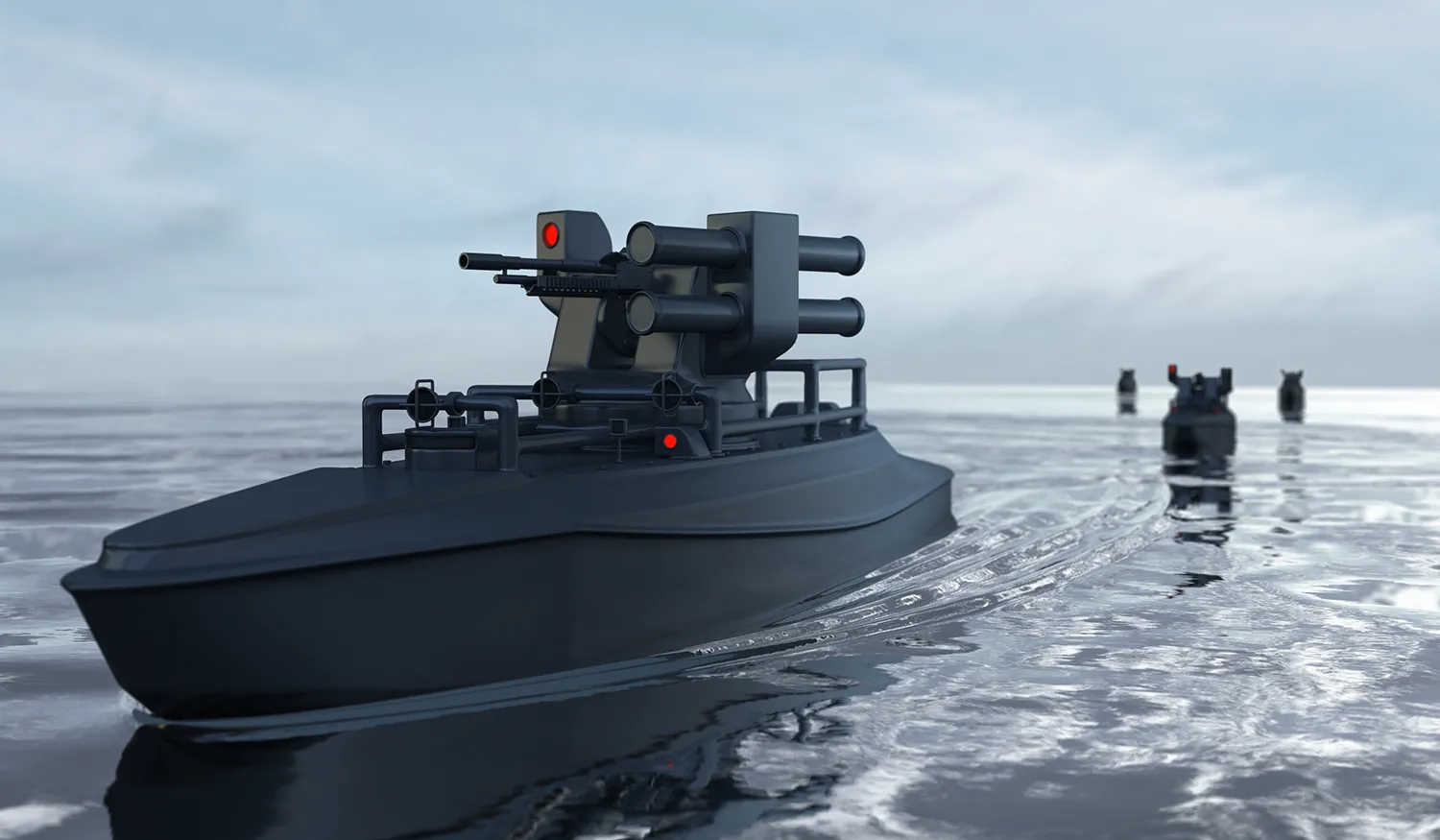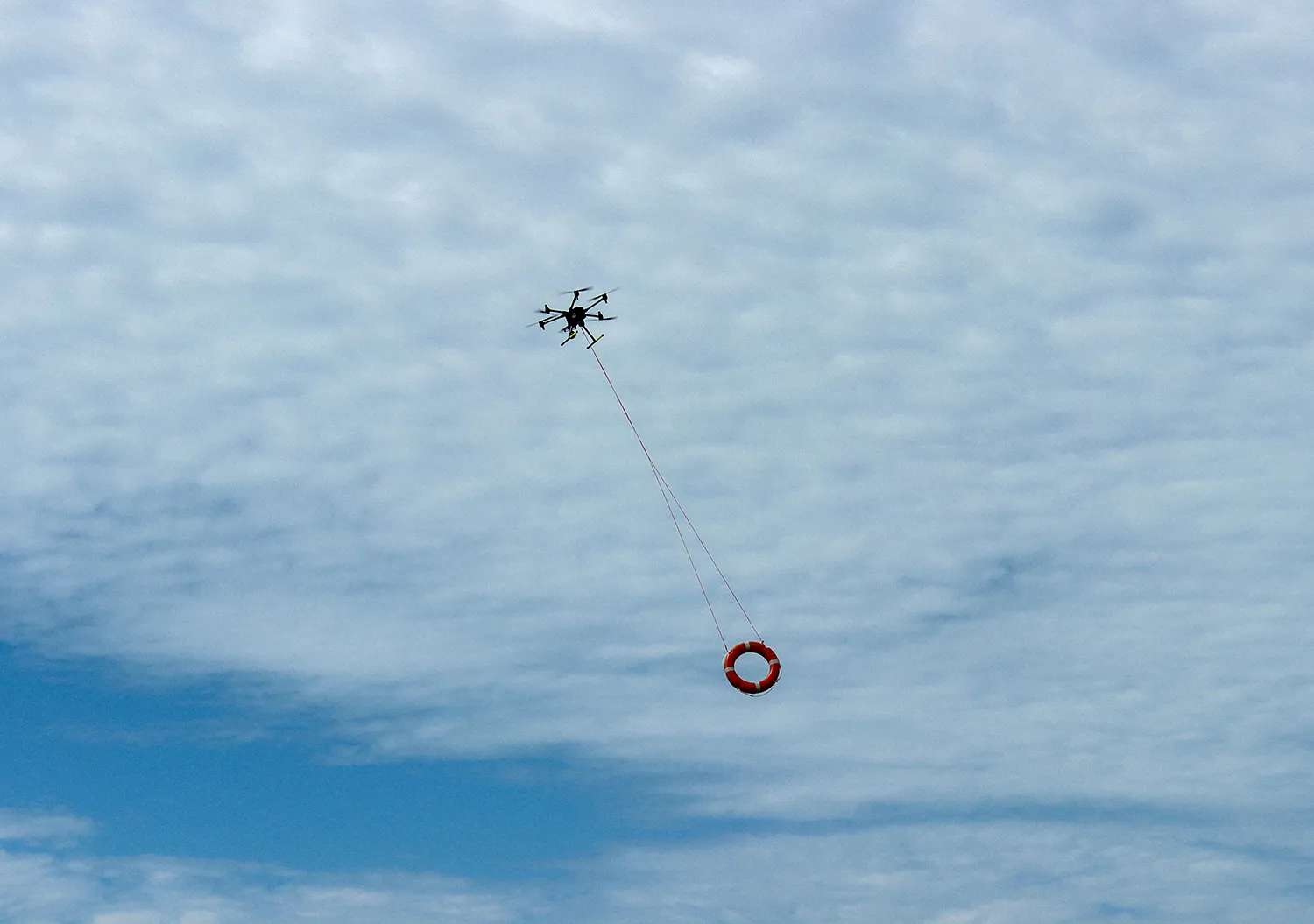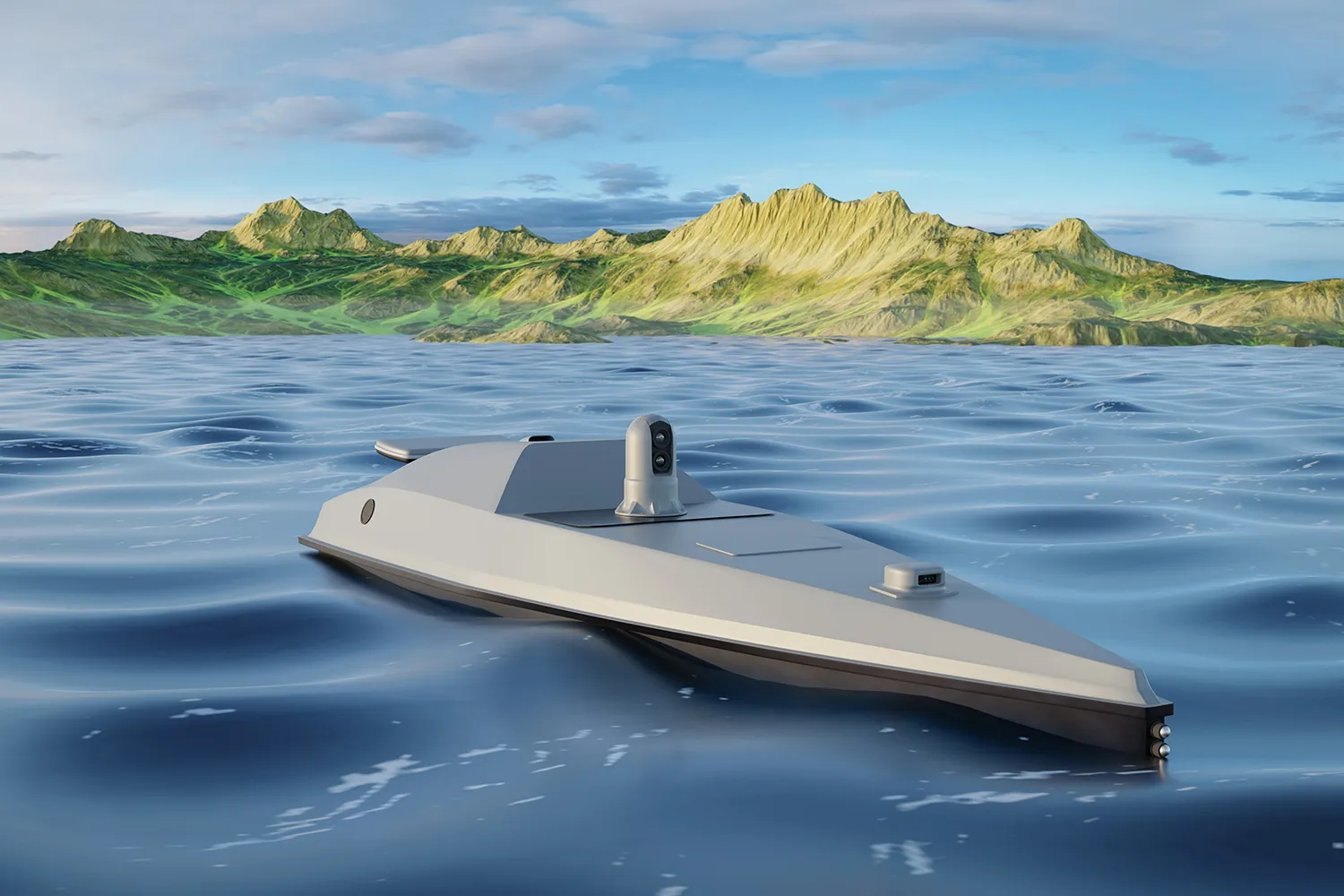Russia Builds an Ecosystem of Autonomous Robots
The achievements of Russian developers in robotics not only strengthen the country’s position on the international stage but also create a foundation for future breakthroughs in science and technology.

The accomplishments of Russian engineers in robotics are not only boosting the country’s international competitiveness but also paving the way for new technological advances.
A New Tool for Strategic Industries
The Russian corporation ITG has announced the launch of an ambitious new venture – RoboCorp, a company that will design and manufacture autonomous systems: underwater, surface, and aerial robots.
RoboCorp’s mission is not merely to create standalone devices but to build a full ecosystem of autonomous robots that covers the entire lifecycle – from design and production to service and management.
The company will operate its own design center and testing range, ensuring complete control over quality and innovation. This is especially significant as Russia continues to pursue a strategy of technological sovereignty.
RoboCorp is positioned as a tool for advancing key industries – agriculture, environmental monitoring, industrial safety, and scientific research. For example, autonomous underwater vehicles could be deployed for deepwater exploration, seabed assessment, and biodiversity monitoring, while agricultural drones could optimize irrigation, fertilizer application, and crop condition control.

Efficiency and Safety of Solutions
A critical factor is RoboCorp’s integration into ITG’s existing ecosystem. The company will leverage its proprietary Wheelies platform – a system for managing fleets of robots – along with advanced artificial intelligence solutions and an on-chip neural accelerator developed by ITG. This vertical integration allows the creation of not just machines, but intelligent systems capable of making real-time decisions, adapting to changing conditions, and working collaboratively. These capabilities increase both efficiency and safety, making the solutions suitable for government agencies and private enterprises alike.
One of RoboCorp’s key advantages is accessibility. Unlike many Western counterparts that focus primarily on large corporations, the new company aims to make its solutions available to small and medium-sized enterprises as well as research and environmental organizations. This aligns with the global trend toward the democratization of robotics and opens new opportunities for broader innovation adoption.
Beyond hardware sales, RoboCorp will provide technical service packages, personnel training, and software support. This business model not only strengthens customer loyalty but also ensures recurring revenue streams, which are crucial in the early stages of development.
Achievements and Breakthroughs
Against the backdrop of global trends in autonomous robotics, the launch of RoboCorp appears timely. Over the past five years, interest in autonomous systems has surged worldwide. Russian robotics developments in recent years have demonstrated both technological progress and practical applications of autonomous and robotic systems across multiple industries.

In 2023, the Russian autonomous underwater vehicle (AUV) Vityaz-D set a world record by reaching the bottom of the Mariana Trench at a depth of 10,028 meters. Equipped with AI elements, the vehicle can independently bypass obstacles, find its way out of confined spaces, and perform complex research tasks, including seabed mapping at 15-centimeter resolution, soil and water sampling, radiation monitoring, and testing of new hydroacoustic systems.
Another AUV, Rus, developed by the Rubin Central Design Bureau, can operate at depths of up to 6,000 meters and perform a wide range of tasks: studying marine flora and fauna, monitoring ecosystems, inspecting underwater pipelines, and servicing offshore oil and gas platforms. In 2024, Rus successfully completed Arctic trials, proving its performance at temperatures below -30°C – a capability of critical importance for Russia, given the strategic value of the Northern Sea Route.
In addition, Russian developers are making significant progress in the field of unmanned aerial vehicles (UAVs) for agriculture.
A Launchpad for Technological Breakthroughs
Despite the rapid development of Russia’s robotics sector, the market has lacked a player capable of offering a full-scale platform model with integrated AI infrastructure and in-house production. RoboCorp aims to fill this role. Leveraging the Wheelies platform – comparable to global solutions such as Airware or DroneDeploy – the company can scale its systems for diverse tasks ranging from pipeline monitoring to ecological expeditions. Furthermore, its proprietary neural accelerator provides an edge in data processing speed and energy efficiency, which is critical for autonomous systems.

The project also carries strong export potential. Autonomous technologies are in high demand in countries with large agricultural sectors, such as those in Latin America, Africa, and Central Asia. Russian systems, designed to function under harsh climate conditions, may also attract interest in the Arctic, Siberia, and northern nations.
Challenges remain, however. One of the most pressing is regulation: Russia has yet to fully establish a legal framework for operating autonomous systems, particularly in airspace and underwater environments. Clear safety standards, certification processes, and regulatory protocols will be necessary for scaling the market.
Looking ahead, RoboCorp could become a catalyst for Russia’s IT cluster, creating jobs, attracting talent, and drawing investment. Its success could mark a turning point for Russia’s technological advancement and pave the way for leadership in select global market niches.










































